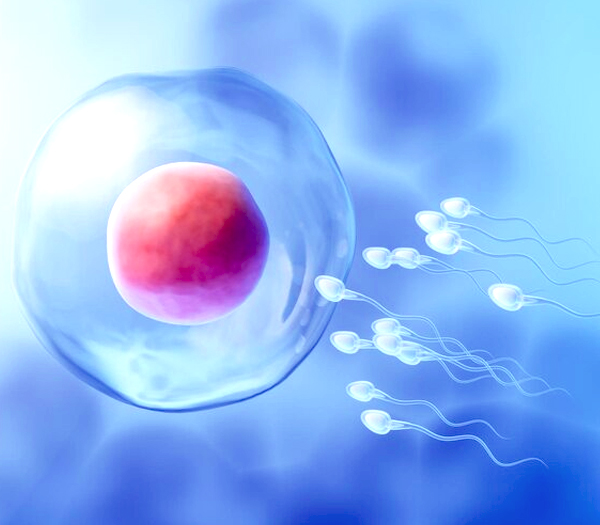In-Vitro Fertilization (IVF)

Overview
In-Vitro Fertilization (IVF) is a well-established and widely successful assisted reproductive technology (ART) designed to help individuals and couples achieve pregnancy. In the IVF process, mature eggs are retrieved from the ovaries and fertilized by sperm in a specialized laboratory. The fertilized eggs develop into embryos, which are then carefully monitored and selected for quality before one or more are transferred into the uterus, aiming for implantation and pregnancy.
Who is IVF For?
IVF is ideal for individuals and couples with a variety of fertility challenges, including:
- Blocked or damaged fallopian tubes
- Severe male infertility factors
- Ovulation disorders, including polycystic ovarian syndrome (PCOS)
- Endometriosis
- Unexplained infertility
- Failed attempts with other fertility treatments
IVF Process
- Ovarian Stimulation: Medications stimulate the ovaries to produce multiple eggs.
- Egg Retrieval: Eggs are collected using ultrasound-guided aspiration.
- Fertilization: Sperm is introduced to eggs in a lab to encourage fertilization.
- Embryo Culture: Fertilized eggs are observed as they develop into embryos.
- Embryo Transfer: A quality embryo is transferred to the uterus for implantation.
Success Rates and Advantages
IVF has high success rates and offers flexible treatment options, including the use of donor eggs or sperm. Our clinic’s state-of-the-art lab, coupled with experienced embryologists, further enhances the chances of a successful pregnancy.

